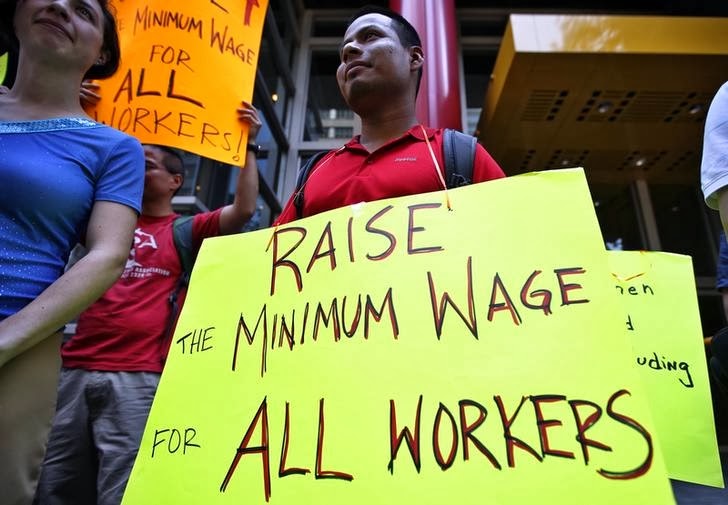Image Source: http://www.kpaonline.com/blog/wp-content/uploads/2013/06/whistleblower-small.jpg
Not all employees are able to stand up for themselves and for other co-workers, especially in matters that concern their employers committing certain activities that are deemed illegal or in violation of any prevailing federal or state laws. It’s completely understandable that a lot of them don’t have the courage to do so, choosing to rather go with the flow of things in the workplace by following their employers’ orders. However, for employees who are appropriately called “whistleblowers,” they know that asserting their rights to correct what is wrong in the workplace comes with the possibility of risking their job security. Fortunately for them, there are laws on the federal and California levels that protect whistleblowers.
Basically, a whistleblower is someone who discloses his or her employer’s suspected violation/s of either state or federal statutes to any applicable agency, whether it is a government or a law enforcement agency. Upon doing so, he or she is afforded the necessary whistleblower protections as dictated by the prevailing federal and state laws. In this regard, employers involved are not permitted to put up adverse actions against them; doing so would violate the whistleblower protection laws. For the most part, these adverse actions are often in retaliation for refusing to engage in an activity that would violate federal and state laws and/or disclosing such violations with any agency.
- Filing a discrimination claim against the employer opposing a practice that is deemed illegal under the Title VII of the Civil Rights Act of 1964 or the California Fair Employment and Housing Act (FEHA).
- Filing a workers’ compensation claim.
- Filing an occupational safety complaint with the Cal/OSHA.


























